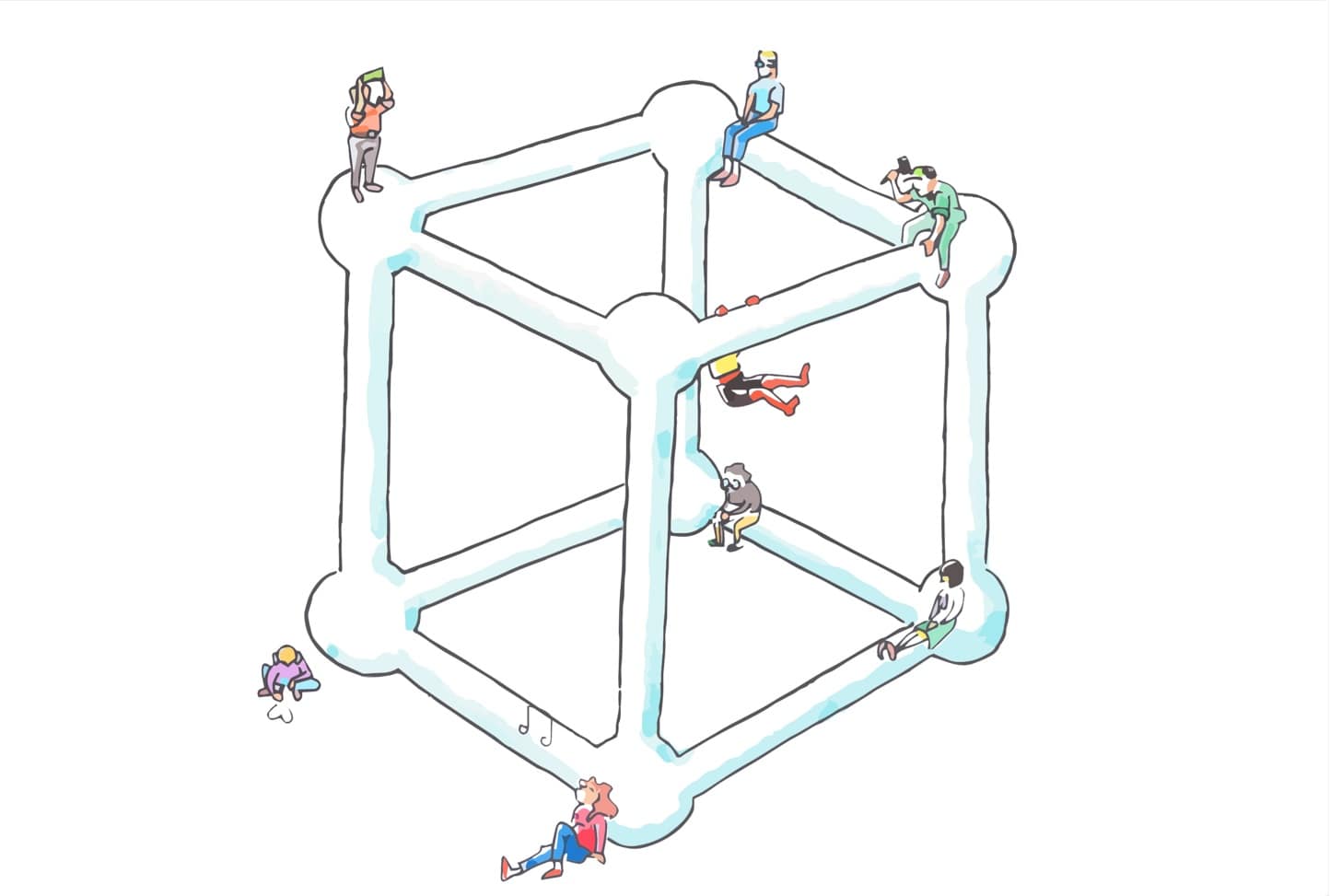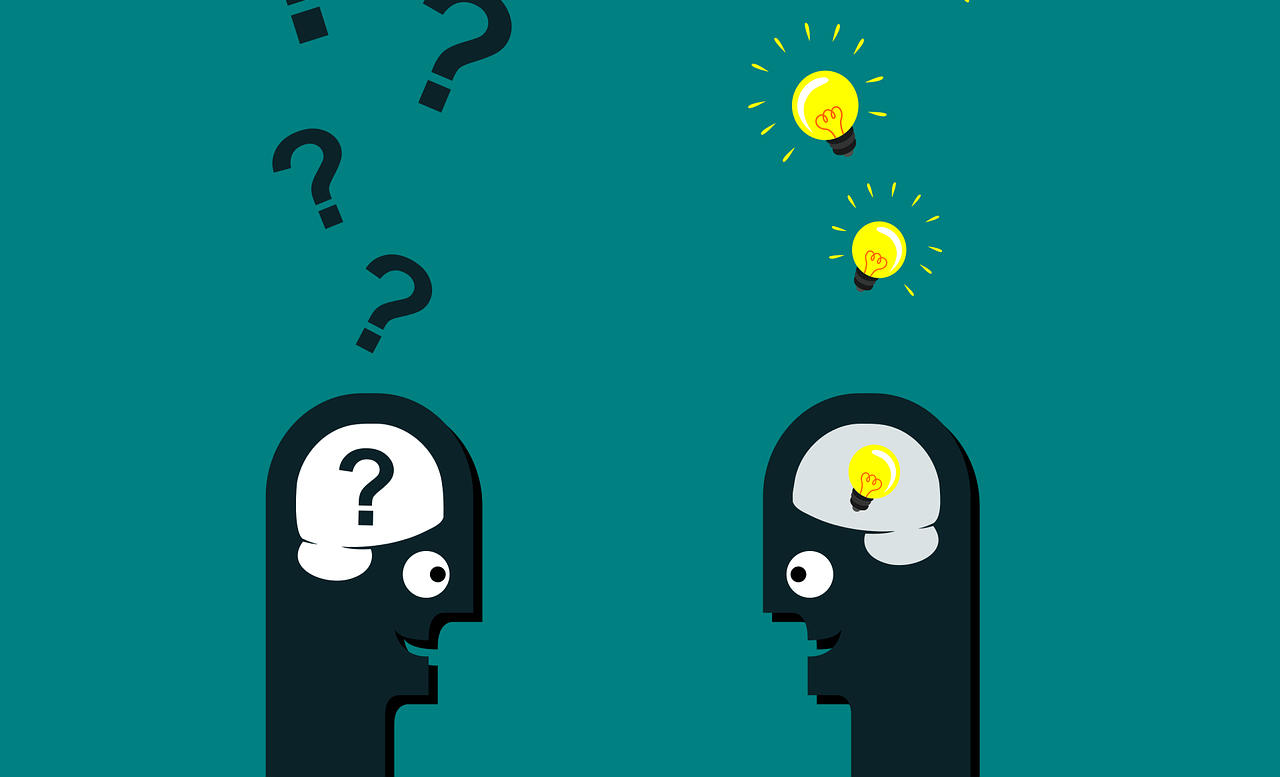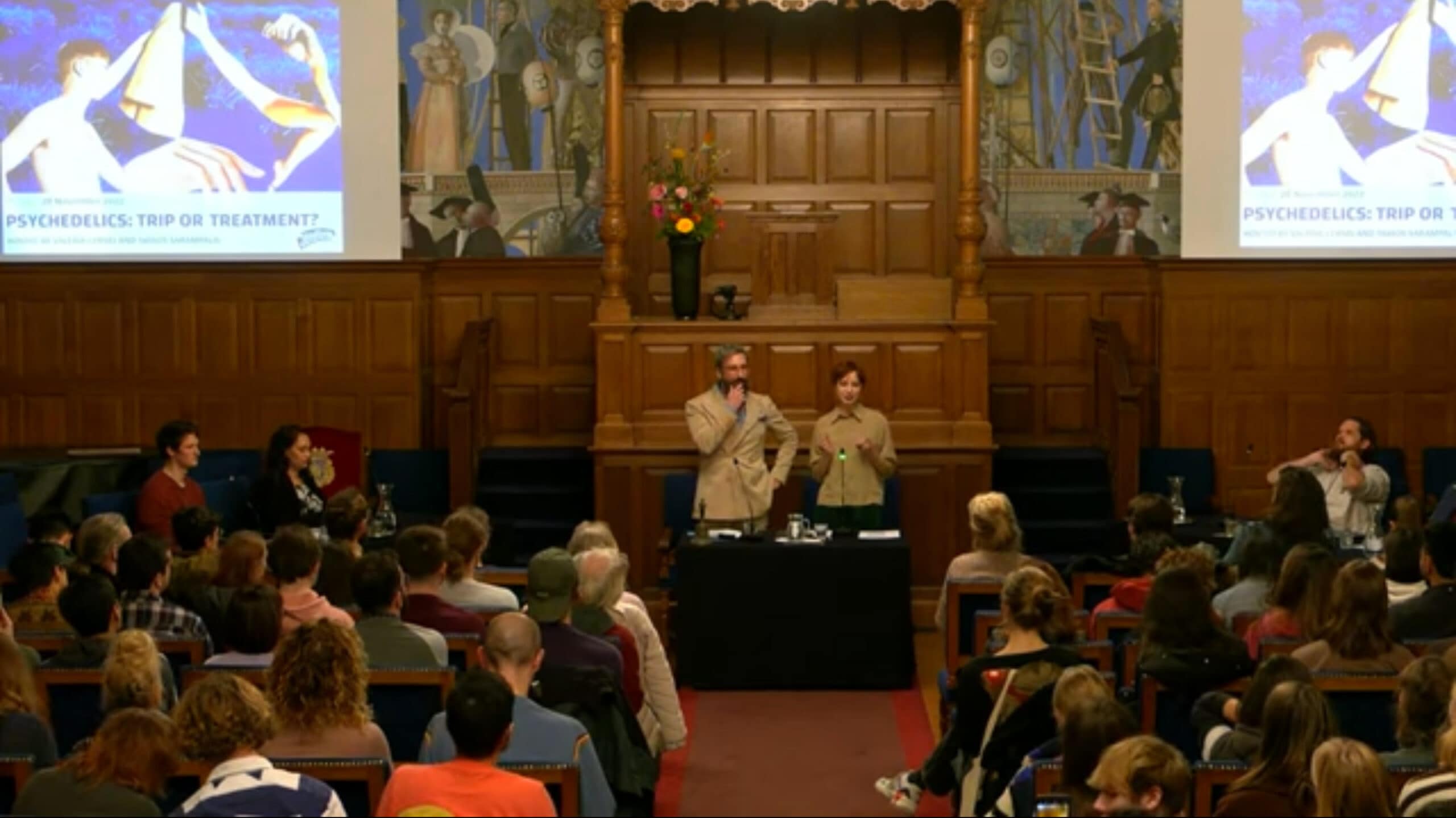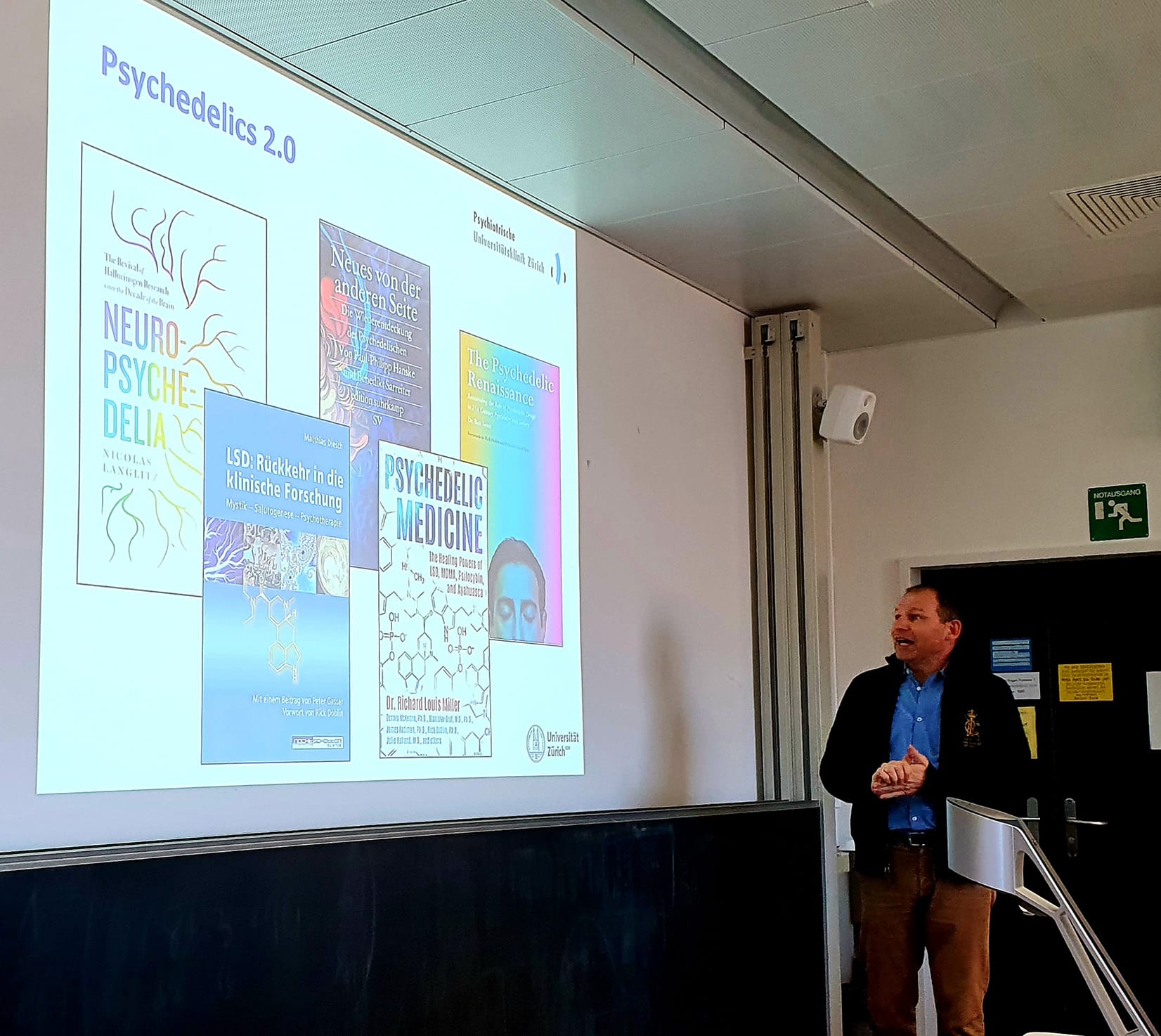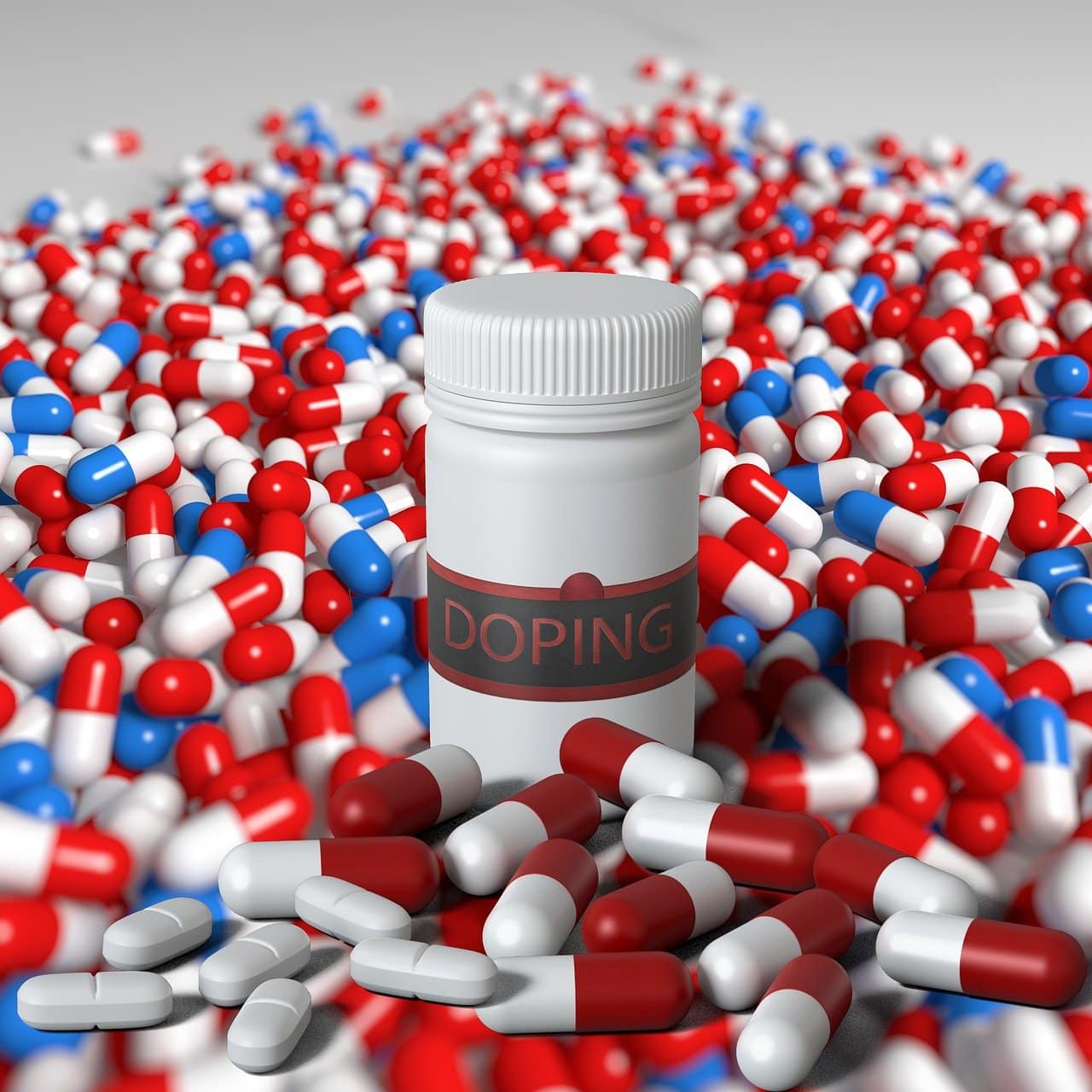Early theories aren’t relics – they’re resources that can still be relevant today. In this post, Rinske Vermeij describes her search for original copies of the near-forgotten Heymans Cube, a century-old personality model. What she found was a remarkably clear, comprehensive view of human personality – ideas that deserved to be made accessible for modern audiences. This post is a reminder that the old theories buried under the new can still be of value, worth excavating.
The blogpost explores the allure and controversy around the topic of biohacking, focusing on the promotion of cold showers for health and success. Despite numerous claims from popular figures, scientific evidence remains inconclusive.
Communicating about chronic fatigue. And what psychology can teach us about it. Are psychological symptoms less real than physical ones?
The article explores why the social sciences struggle more with crises than the natural sciences – and actually manages to round off with a positive outlook for the future!
Researchers at the National Institute for Public Health and the Environment (RIVM) have analyzed sewage for remnants of certain psychoactive substances. What does it tell us about students’ consumption?
Thinking without thoughts: The new and commonly misunderstood phenomenon that is unsymbolic thinking
Unsymbolized thinking is alike any other type of specific and controlled thinking, except that it occurs without any words, images, or symbols. Read more about it here.
Scholars in Groningen debated the present and future of psychedelic drugs. Will they revolutionize medicine?
After their demonization and prohibition decades ago, psychedelic drugs are now again investigated by scientists. Stephan Schleim shares impressions from a recent visit to the Psychiatric University Hospital Zurich, one of the pioneering places for this research. Do psychedelics have therapeutic potential?
Media report that many students take drugs to improve their academic performance. Now the Dutch government even plans to discourage this. Is it more than a hype? And should educational institutions react?
Humans tend to perceive time as passing at confusing speeds. This blog post explores the mechanisms that underlie the time distortions experienced by many of us, especially during the pandemic.

